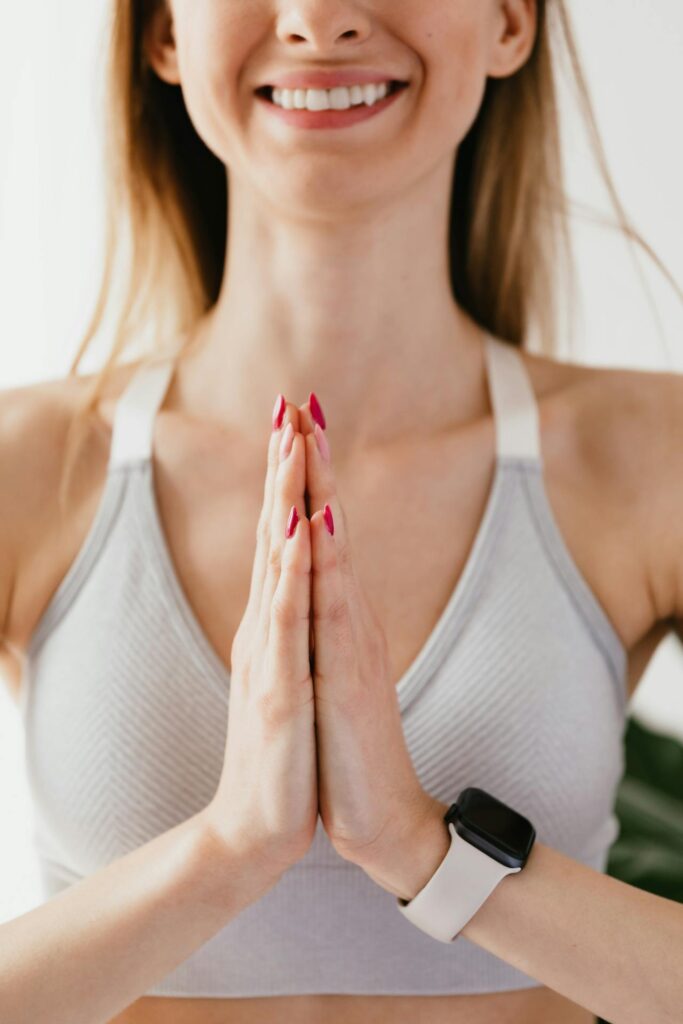
Apart from writing weekly on my website here, I am also a regular contributor to the Medium platform. I meet many fabulous writers worldwide and gain valuable insight on numerous topics. This article posted below is one that caught my eye today while I was visiting the site.
I have always been appreciative of life’s blessings and I believe in living a positive and grateful existence on a daily basis. Ashley’s article that I have posted below is such a great reminder of how we can all bring more happiness into our lives by being naturally grateful for everything we have. I hope you enjoy her post as much as I did. ❤️
How Gratitude Boosts Happiness
I once read a quote that said, “Gratitude is not only the greatest of virtues but the parent of all others.” I think it was Cicero or someone else who wore a toga and spoke in rhymes. But jokes aside, there’s something deeply profound about this idea. Gratitude, in its simplicity, is like the spice hidden in the back of your pantry — often overlooked, but capable of transforming a dish. It’s the secret ingredient to a recipe called happiness, and yet, how often do we leave it to gather dust?
Ever notice how good it feels when someone genuinely thanks you? I’m not talking about those automated “Thanks” texts we fling out like confetti. I mean the look-in-your-eyes, “I appreciate you” kind of gratitude. It feels…warm. Like you’ve been wrapped in a cozy blanket. But here’s the kicker: science backs up this warmth.
Researchers have found that expressing gratitude releases dopamine and serotonin — the same “happy chemicals” that get triggered when you finish a Netflix series with a great ending. But unlike the fleeting thrill of binge-watching, gratitude has a long-lasting impact. It rewires your brain to focus more on the positive and less on the “Why did I step in this puddle again?” moments.
Think of gratitude like throwing a stone into a still lake. The first ripple is small — a single “thank you” when someone holds the door open for you. Then it spreads. That moment of appreciation nudges your mood a little higher. It’s the Doppler effect of good vibes. Your heightened state of positivity influences the next person you interact with, creating a chain reaction.
Historically, even kings and philosophers knew this. Marcus Aurelius, the Roman emperor, had a habit of starting his mornings by listing what he was grateful for. Imagine that — a man managing the world’s largest empire still took the time to appreciate his breakfast figs. If a guy balancing the weight of Rome can find the time, why can’t we?
Long before gratitude journals became a thing you bought at trendy bookshops, gratitude was revered in ancient civilizations. In fact, ancient Egyptians, Greeks, and even early Buddhist texts extolled the virtues of giving thanks. It’s almost as if these societies knew something we’re just now rediscovering.
In Egypt, gratitude was believed to strengthen one’s connection to the gods. Pharaohs would dedicate large portions of their prayers not just to ask for blessings, but to thank the divine for what they already had. It wasn’t just spiritual lip service either — being grateful was seen as a sign of wisdom and maturity.
This makes you wonder: have we traded wisdom for Wi-Fi?
Fast forward to today, and gratitude is often replaced by its showy cousin: entitlement. Think about it. We’ve got more gadgets, options, and accessibility than any generation before us, yet anxiety and depression are on the rise. Why?
